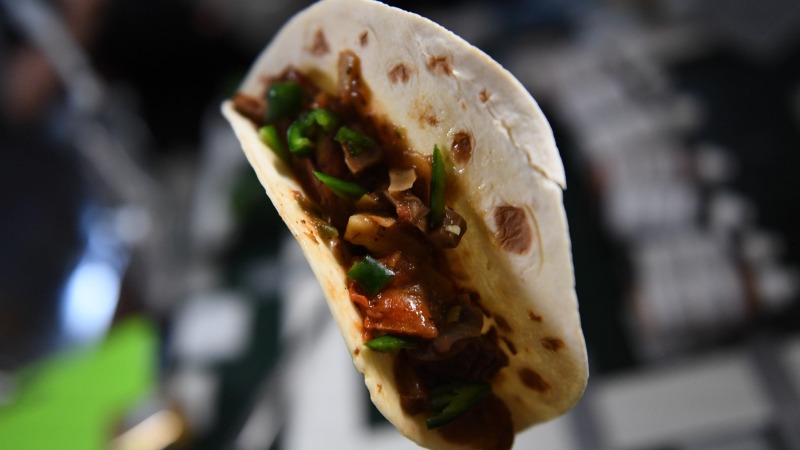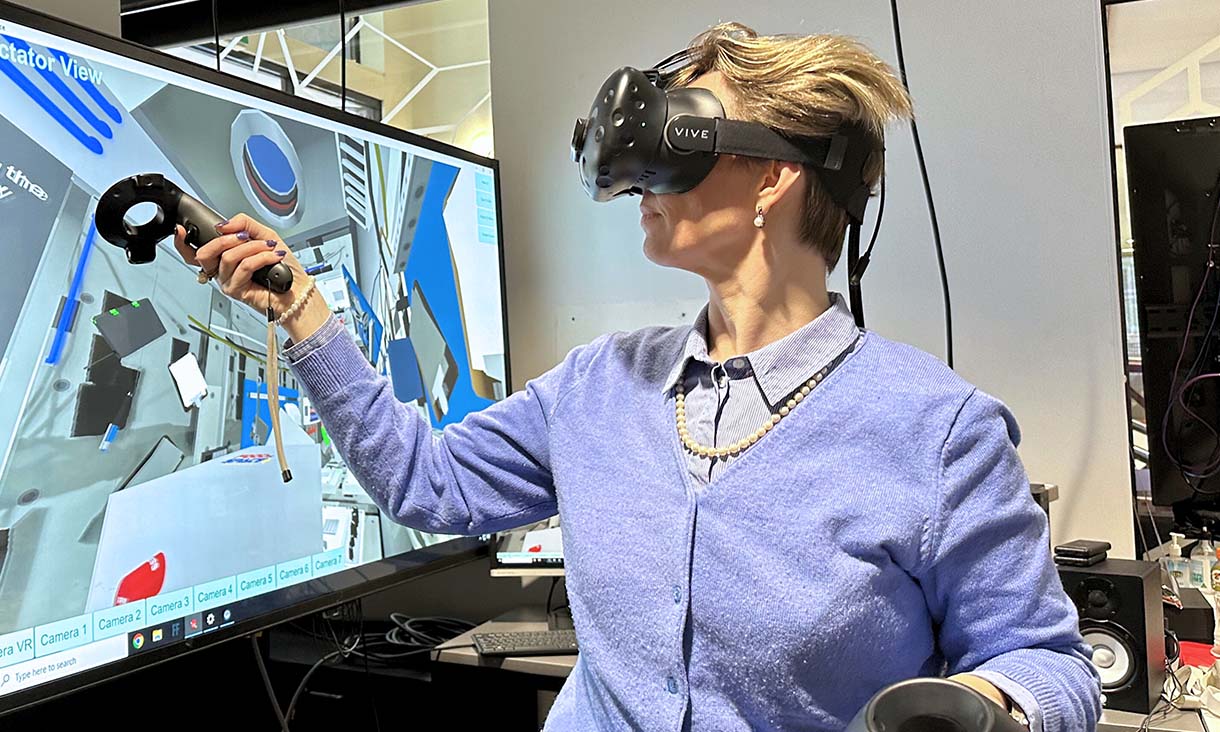
Studying common food aromas may help scientists better understand why meals reportedly taste bland in space, leading to astronauts' decreased nutritional intake.
Researchers from the Royal Melbourne Institute of Technology (RMIT) in Australia have found that spatial perception can play a significant role in how people smell various aromas, which, in turn, impacts their flavor. As it turns out, a greater sense of loneliness and isolation — which astronauts may experience while on the International Space Station (ISS) — can influence how people smell and taste their food, according to the study.
"What we're going to see in the future with the Artemis missions are much longer missions, years in length, particularly when we go to Mars, so we really need to understand the problems with diet and food and how crew interact with their food," Gail Iles, former astronaut instructor and co-researcher from RMIT School of Science, said in a statement from the university.
Related: Food in space: What do astronauts eat?
Despite being given carefully designed diet plans, astronauts have reported that meals taste bland and that they were not meeting their nutritional needs, which can be dangerous for long-term missions.
Using virtual reality goggles, the researchers simulated the confined setting of the space station to test how participants’ perception of vanilla and almond extracts and lemon essential oil changed from normal environments on Earth to when they were in the environment of space. The results suggest that vanilla and almond aromas were perceived as more intense in the ISS-simulated environment, while the lemon scent remained unchanged, indeed indicating a relationship between environment and aroma perception. Both extracts contain a sweet chemical called benzaldehyde, which the team says could play a role in the shift in perception of the aromas' intensity.
However, individuals' sensitivity to particular smells can also influence perception. That’s why the study — the first of its kind — involved a large sample size of 54 adults to capture a variety of experiences, the researchers said.

The study builds on previous research, which has explored the effects of weightlessness on astronauts' eating experience in space. Being in zero gravity causes fluid to shift from the lower to the upper parts of the body, which creates facial swelling and nasal congestion that affects the sense of smell and taste until the symptoms subside after a few weeks in the orbiting lab.
"One of the long-term aims of the research is to make better tailored foods for astronauts, as well as other people who are in isolated environments, to increase their nutritional intake closer to 100%," Julia Low, lead author of the study from the RMIT School of Science, said in the statement. "The results of this study could help personalize people's diets in socially isolated situations, including in nursing homes, and improve their nutritional intake."
Their findings were published July 16 in the International Journal of Food Science and Technology.






